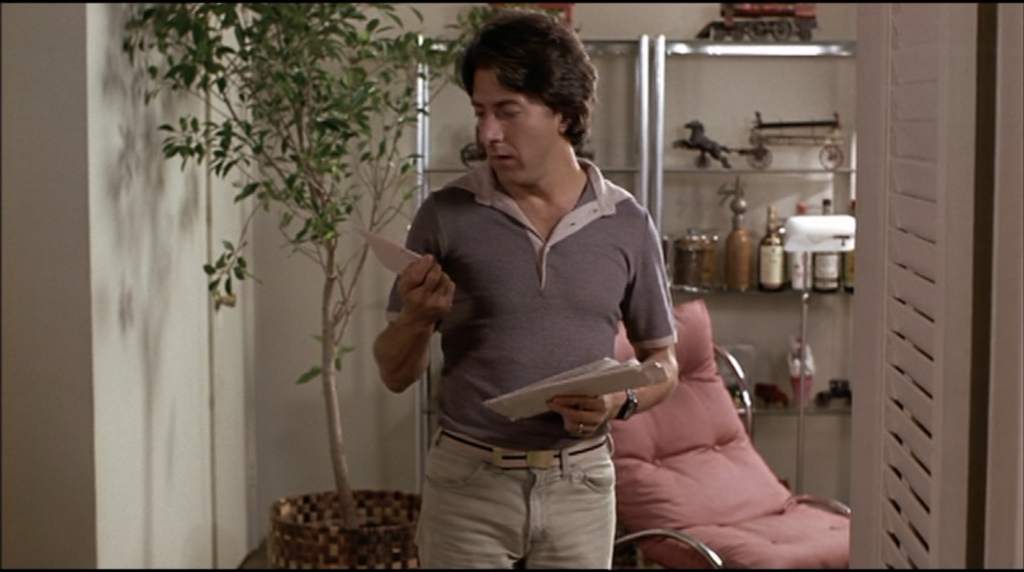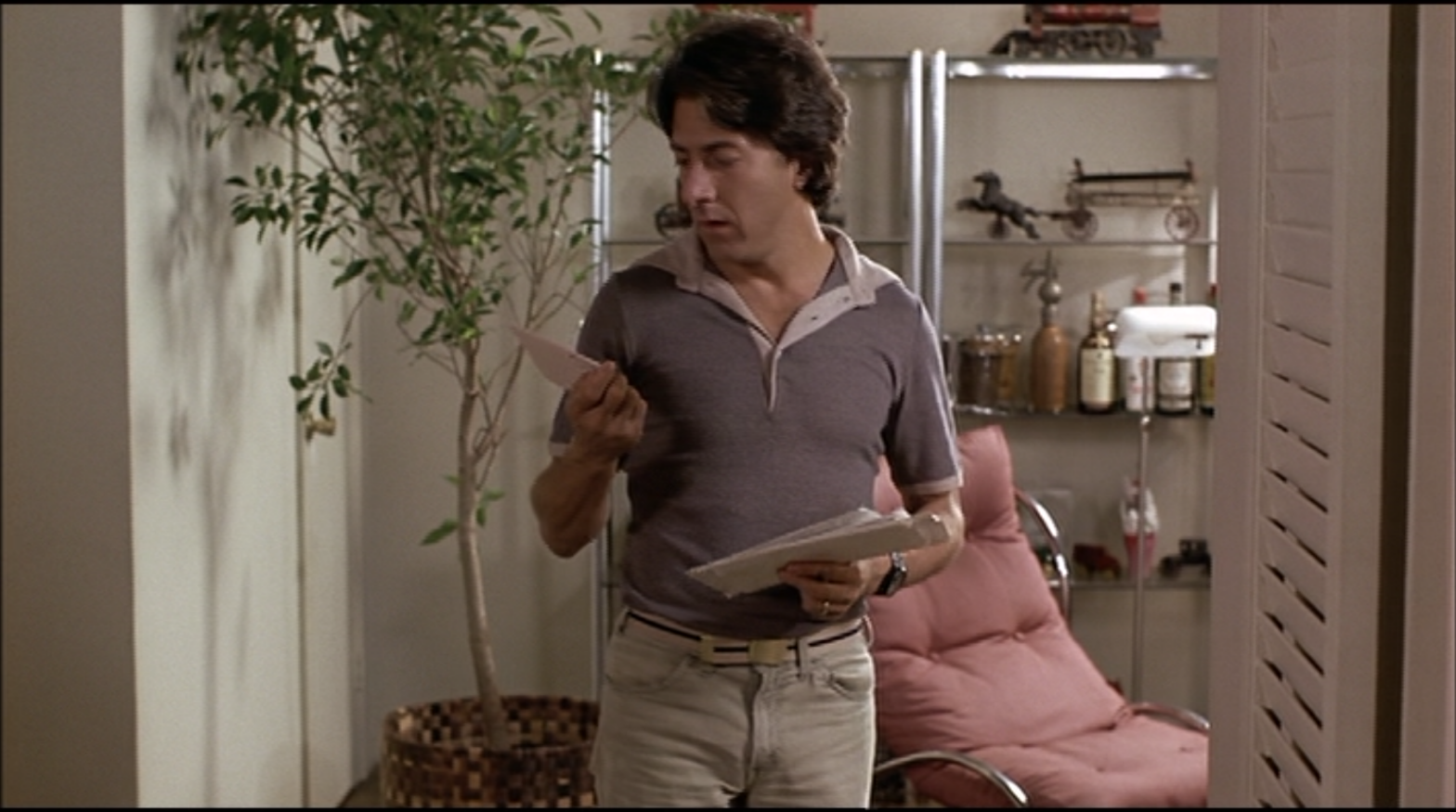Kramer vs. Kramer (1979) dir. Robert Benton
Today was supposed to be one of the five best days in Ted Kramer’s (Dustin Hoffman) life. His hard work and long hours at the high-powered Manhattan advertising agency where he works have finally paid off with a major account and a fast track to promotion. When he gets home late…again, he’s immediately on the phone for more work. He barely registers that his wife Joanna (Meryl Streep) is trying to tell him that she’s leaving. She is desperately trying to get out the door as he tries to grasp the concept, leaving him to take care of their son Billy (Justin Henry) on his own.

It’s immediately clear that Ted has been an absentee father who’s left all the domestic affairs to his wife. He’s inept at basic cooking (while boasting how the best chefs are men), grocery shopping (Billy’s memorized the brands that Joanna uses) and doesn’t even know what grade his son’s in. He’s struggling badly, with a little help from divorced neighbor Margaret (Jane Alexander), but refusing to hire a nanny presumably because he thinks that Joanna will come crawling back soon. (In the later custody hearing, she mentions that he would often express doubts about her being able to support herself.)
Over the next few months, Ted slowly repairs his relationship with Billy and learns how to be a better father. There are bumps along the way, such as a one-night stand with a co-worker (JoBeth Williams) and a playground accident that requires a trip to the emergency room, but things are looking up on that front. However, Ted’s work is suffering because of his need to take care of his child, and his boss/friend Jim O’Connor (George Coe) can only extend him so much leeway.
Eighteen months after she left, Joanna pops back up in New York. She’s gotten some therapy, a decent job, and is ready to take full custody of Billy. This leads to the court case of the title.
This Oscar-winning movie was based on a novel of the same name by Avery Corman. It was a rare (especially at the time) look at the trials and joys of single fatherhood. Dustin Hoffman really sells his role as a man who has been so wrapped up in his position of breadwinner for the family that he’s lost sight of why he had a family to begin with, and learns to become a better person. Meryl Streep brings nuance to an unsympathetic role (and had a chance to rewrite some of the character’s dialogue as Joanna is a much shallower and self-centered character in the book.)
The courtroom scenes are harrowing, with both parents raked over the coals. (There’s some fudging as to the state of divorce law in the late 1970s for dramatic purposes.)
It’s also a very New York City movie, with an entire scene dedicated to the view from Ted’s new office window.
Content note: Divorce. Injury to a child. Extramarital sex and female nudity. A bit of rough language. This was rated PG back in the day, but would be a minimum PG-13 now.
This is a meaty movie with some difficult subject matter so should lead to some interesting discussions if you let it. Recommended to adult viewers who are emotionally ready.

